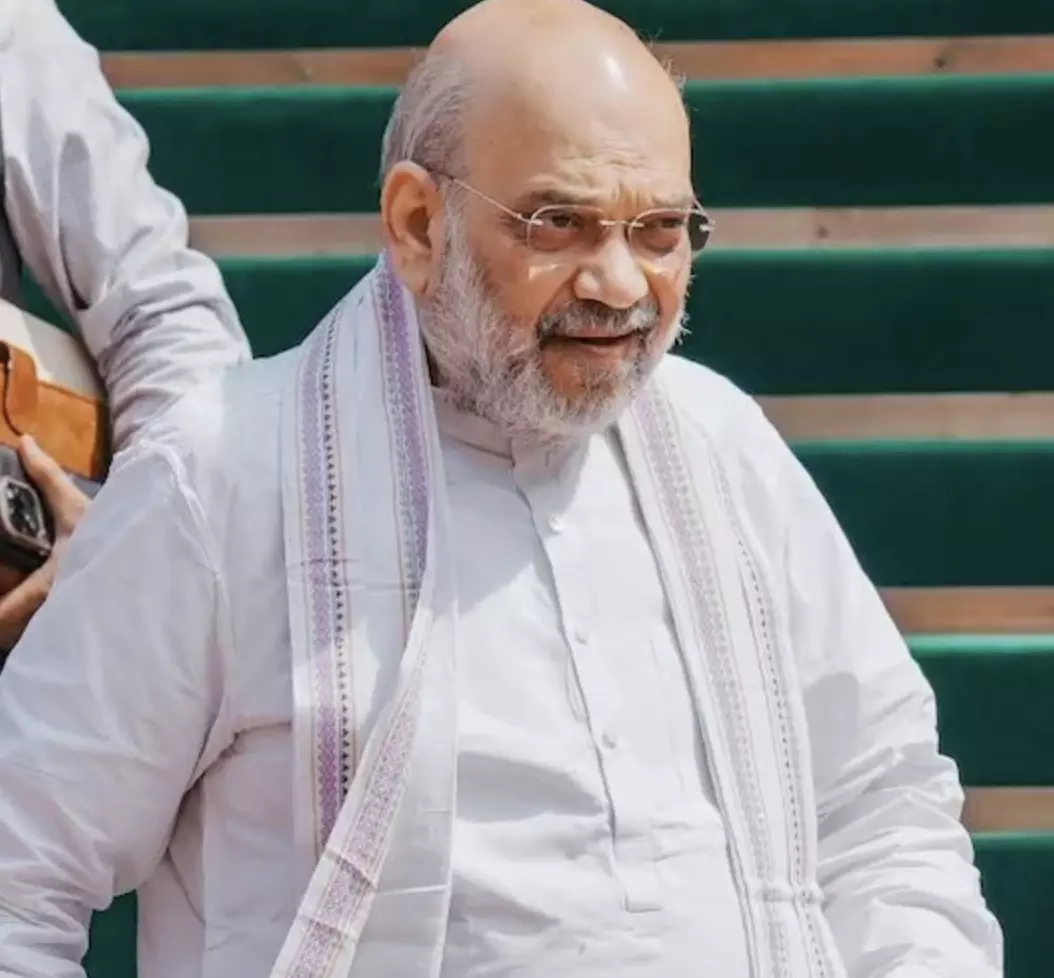India introduces stricter immigration law: 5-year jail term, heavy fines for violations
image for illustrative purpose

The Indian government has introduced the Immigration and Foreigners Bill, 2025 in the Lok Sabha, aiming to overhaul the country’s immigration laws. The bill seeks to replace four colonial-era legislations, including the Foreigners Act, 1946, and the Passport (Entry into India) Act, 1920, with a single, modern legal framework. It focuses on strengthening national security, regulating foreign entry and stay, and imposing stricter penalties for violations.
Key Provisions of the Bill
1. Enhanced National Security Measures
Foreigners deemed a threat to India’s sovereignty and integrity will be denied entry or residency.
Immigration officers will have the authority to arrest individuals without a warrant if they suspect violations of immigration laws.
Foreign nationals must register upon arrival, and their movements, name changes, and access to sensitive areas may be restricted.
2. Stricter Regulations for Entry and Stay
All foreigners must possess a valid passport and visa to enter or leave India.
Institutions such as schools, hospitals, and nursing homes must report foreign nationals under their care to immigration authorities.
Airlines and transport operators must ensure travelers have valid documents. If a foreigner is denied entry, the carrier must immediately deport them or face penalties.
3. Heavy Penalties for Violations
The bill introduces strict punishments for immigration-related offenses:
Arriving without valid documents: Up to 5 years in prison and a ₹5 lakh fine.
Using forged documents: 2 to 7 years imprisonment, with fines ranging from ₹1 lakh to ₹10 lakh.
Overstaying or violating visa conditions: Up to 3 years in prison and a ₹3 lakh fine.
Transporting undocumented foreigners: ₹5 lakh fine and possible vehicle seizure.
Foreign nationals holding dual citizenship will be treated as citizens of the country whose passport they used to enter India.
Government’s Justification
Minister of State for Home Affairs, Nityanand Rai, stated that the bill is designed to ensure compliance with immigration laws without discouraging visitors. “India welcomes travelers, but they must abide by immigration laws. As our country’s economy grows, we will continue to facilitate tourism while safeguarding national security,” he emphasized.
Impact and Debate
The proposed legislation is expected to generate significant debate, especially regarding the broad powers granted to immigration officers and the administrative burden on institutions and individuals. While the government sees the bill as a crucial step for security and streamlining immigration processes, critics may raise concerns about its impact on foreign nationals, businesses, and human rights.
As the bill moves through Parliament, its final provisions could significantly reshape India’s immigration enforcement and national security framework.

